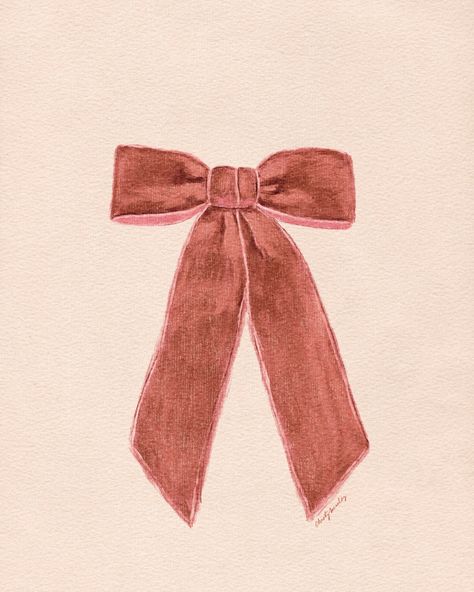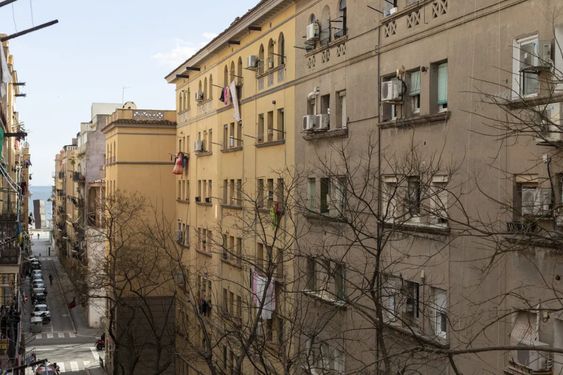Nada, or Nothing when translated from Spanish, is a heart-wrenching, dramatic novel by Carmen Laforet that details a family’s life in the aftermath of the Spanish Civil War. Laforet details the class divide, what it means to go hungry, and different kinds of love. We follow Andrea, a student, navigating her strange family and different relationships with people. She takes us on a journey with her as she learns what it means to grow up.
The most interesting part of this novel is the idea of hunger making you crazy. There are many strange acts committed by the family who is living in (close to) extreme poverty, such as: yelling at each other, biting the dog and goading the others into fights. Andrea acknowledges this when she begins to rant and rave like her Uncle Juan, saying that she must be so hungry that she is going crazy. We see a lot of the fights between members happen before dinner, indicating food, or the lack thereof, is the motivating factor for these fights. While Andrea first believes it is Román who goads Juan into all of these fights, and while that is partially true, we begin to see Juan and Gloria fighting for the sake of it as the novel progresses. It shows the importance of food to the family and how hunger can make one crazy. This fighting around mealtime also highlights the importance of food and ensuring you eat during the day.
Another important aspect of the book is love and relationships. Andrea has many different kinds of relationships, with her aunt Angustias, with Ena, with Pons, and with the rest of her family. She navigates all of these relationships, desperately looking for freedom and love. She gains freedom when her overbearing aunt Angustias moves to join a covenant and she finds love in her dearest friend Ena. However, she realizes her socioeconomic status will forever impede her friendships and freedom.
The relationship between Ena and Uncle Román is the most important in the novel. They share a taboo relationship with romantic undertones. This causes strain between Ena and Andrea, who drift while the two are involved. It is revealed that Ena was just playing Román to get revenge for the heartache he had caused her mother. The severing of their relationships furthers the idea that the family has nothing, no food, no money, and no love. They hate each other and are starving, causing their emotions to intensify tenfold. The house on Calle de Aribau is poisoning them and their lives. Andrea is not happy until she leaves the house and can escape the oppressive atmosphere. As Román says “You won’t need anything when the things in the house seize your senses”.
In your opinion, what exactly do they have nothing of and what causes it? Is it the house, as Román suggests or the lack of structure or something else? Overall, I enjoyed this book and have many highlighted quotes!
Thank you for reading,
– Len ❤


Leave a comment